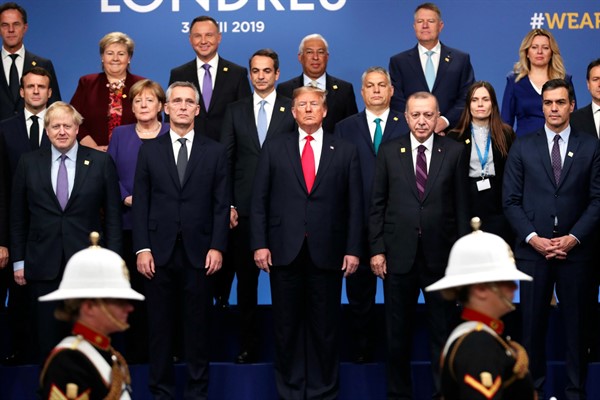Documenting the demise of the liberal international order has become a growth industry in the foreign policy sector. In a terrific new book, “A World Safe for Democracy,” G. John Ikenberry, the premier analyst of liberal internationalism, contends that reports of its death are greatly exaggerated. The rules-based, international system may be in crisis, but its strategic and normative logic is as compelling as ever.
Ikenberry, a professor of politics and international affairs at Princeton University, has written extensively on this topic before, but his new book is his most impressive work to date. He refutes the critiques of both realists, who deride liberal internationalism as a naive crusade to remake the world in America’s image, and radicals, who dismiss it as a smokescreen behind which capital and empire run amok. Ikenberry insists that it is a pragmatic political project. Its purpose, as the book’s title implies, is to create a world in which free societies can survive and collaborate to resolve the evolving, shared problems of modernity.
Although liberal internationalism is conventionally associated with Woodrow Wilson, its intellectual roots run deeper than that particular U.S. president, and its branches are more numerous than his Fourteen Points. Ikenberry traces these diverse strands from the pens of Enlightenment philosophers to the present, showing how they influenced events as seemingly disparate as the repeal of Britain’s Corn Laws in 1846, to The Hague Conventions of 1899 and 1907, to the flurry of multilateral institution-building under U.S. leadership after World War II.

